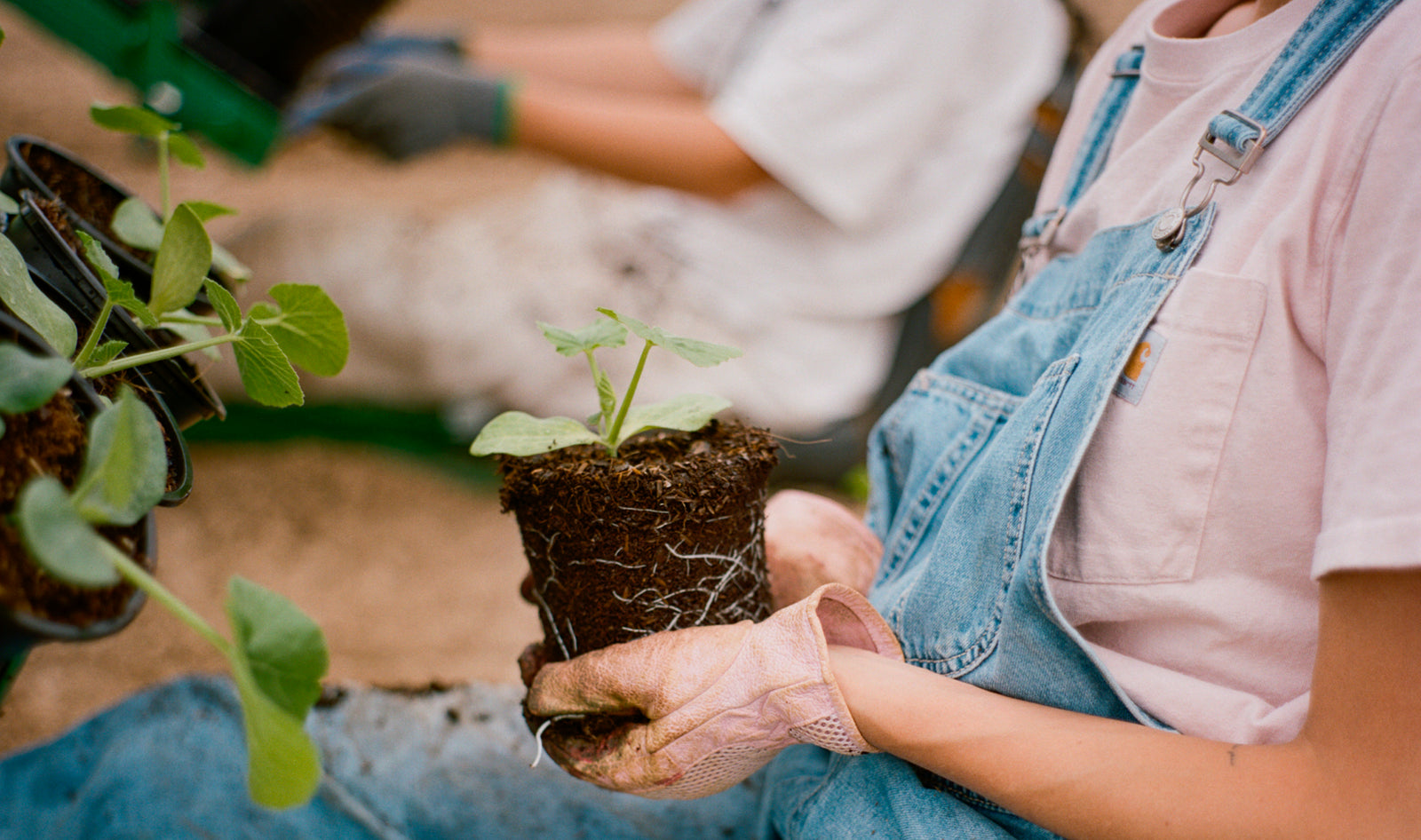
Farming Methods
We have been farming according to organic principles for the last 5 years, as outlined in the NY NOFA Farmers pledge. We applied and were approved for organic certification in 2021. Over the course of the year we grow a variety of different crops:
- Arugula
- Baby Arugula
- Baby Kale
- Baby Spinach
- Basil
- Beets
- Belle Isle cress
- Blackberries
- Boston
- Bunching Onions
- Butterhead Lettuce
- Carrots
- Eggplant
- French Breakfast Radish
- Garlic
- Garlic Scapes
- Grape Tomatoes
- Green Onions
- Greens Mix
- Iceberg Lettuce
- Kale
- Leeks
- Microgreens
- Mint
- Mizuna
- Muir Lettuce
- Peppers
- Pumpkins
- Radish
- Raspberries
- Red Butterhead Lettuce
- Red Romaine Lettuce
- Romaine Lettuce
- Scallions
- Shishito Peppers
- Spinach
- Spring Garlic
- Strawberries
- Sunflowers
- Swiss Chard
- Tomatoes
- Turnips
- Winter Greens
- Yellow Squash
- Zinnias
- Zucchini
We are currently farming approximately 15 acres, 10 of which are in production annually. Major crop families are rotated through this acreage as part of a multi-year cycle. We use green manures and cover crops to suppress weeds throughout the growing season, build soil organic matter, and protect otherwise fallow soil. We practice conservation tillage by using a spader to turn our crops and cover crops under, without destroying the integrity and structure of the soil. We are additionally working on further reducing tillage over time, which helps sequester carbon and improve soil health as we are now experimenting with no-till and minimum till systems in certain areas of our field.
We reject the use of all synthetic fertilizers, pesticides, herbicides, and fungicides. We will not use GMOs, chemically treated seeds, synthetic toxic materials, irradiation, and sewage sludge in our farming, nor do we use synthetic substances in post-harvest handling. We follow a strict protocol using soil amendments and manure, as outlined by OMRI requirements.
Our focus in soil management is building organic matter and a living soil to sequester carbon and create productive, healthy soil. Since we farm on sloped and sandy terrain, erosion prevention is also a big piece of our farm management. We primarily rely on cover crops for this, both planted as stand-alone crops and interplanted with production crops. We try to run our farm using efficient and straightforward methods that limit our fossil fuel use in the field. We plant flowering cover crops and green manures such as buckwheat, crotalaria, and flowering legumes to provide a diverse ecological habitat. We are continually tweaking our irrigation this year and our farm roads to limit the effects of runoff with more frequent heavy rains.
We stress safety and cleanliness and always encourage learning and communication. Any quality food or produce we cannot sell, or use in our commercial kitchen, is donated to Island Harvest or local soup kitchens. Anything beyond human consumption is composted on site. We collaborate with local farmers by exchanging ideas and sharing experiences through conferences and meetings whenever possible.